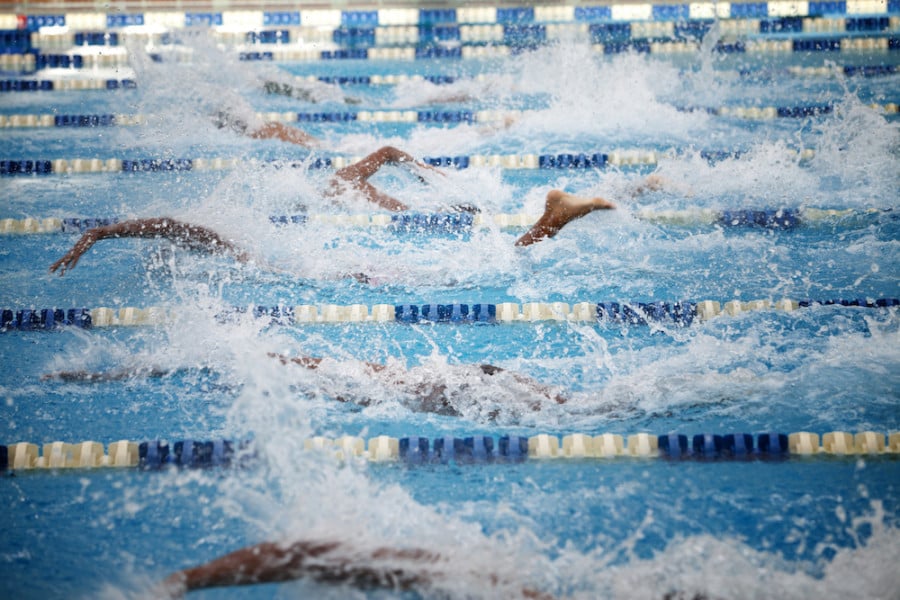Sun Yang Eligible For 2024 Paris Olympics: WADA v Sun Yang & FINA - 2nd CAS Award

On 22 June 2021, the Court of Arbitration for Sport (CAS) ruled that Sun Yang was sanctioned with a period of ineligibility of four years and three months, beginning on 28 February 2020[1]. This decision means that Sun Yang will be eligible for competitive swimming from 1 June 2024, thereby making him eligible to compete at the 2024 Olympic Games in Paris, France, which is scheduled to run from 26 July 2024.
The CAS decision on 22 June 2021 (Second Award) was the second award that had to be made by the CAS, given that the first CAS award[2] was sent to be reheard by the Swiss Federal Tribunal, given the inappropriate tweet made by the President of the first Panel on some ‘yellow face Chinese monster’ in the context of annual Yulin Dog Meat festival in China[3].
Despite the same methodology adopted by the Panel of the Second Award (which constituted new arbitrators and law clerk), and the same decision which the Panel arrived at, the sanction imposed on Sun Yang, and the effect of the sanction imposed on Sun Yang look starkly different. This is primarily due to the greater flexibility on sanctions afforded to the Panel at the time of the award (2021), arising from World Anti-Doping Agency’s (WADA) new applicable World Anti-Doping Code (“2021 Code”).
This article examines
- The changes to the 2021 Code with respect to multiple violations being sanctioned together,
- How it affected the CAS Panel’s Second Award, allowing greater flexibility on sanctions.
For avoidance of doubt, this article will not reiterate the outcome and analyses of the First CAS Award or the decision by the SFT, which have been done comprehensively by other scholars. See the following articles for more information:-
- Jack Anderson on the arguments before the First Panel: A Detailed Analysis Of The Legal Arguments In WADA V Sun Yang & FINA - A Very Public Hearing
- Guo Cai on the hearing before the First Panel: WADA V. Sun Yang & FINA: Reflections Of A Chinese Lawyer & Lessons For Sports In China
- Jack Anderson on the First Award (5 March 2020): A Detailed Review Of The CAS Panel’s Decision In WADA V Sun Yang & FINA
- Despina Mavromati on the Swiss Federal Tribunal Decision (19 March 2021): Inappropriate Tweets & The 'Duty Of Curiosity': Why The Swiss Federal Tribunal Ordered The Sun Yang Case Be Reheard
To continue reading or watching login or register here
Already a member? Sign in
Get access to all of the expert analysis and commentary at LawInSport including articles, webinars, conference videos and podcast transcripts. Find out more here.
- Tags: Anti-Doping | China | Dispute Resolution | FINA | FINA Doping Control Rules | Olympic | Sports | Swimming | WADA Code | WADA Code 2015 | WADA Code 2021 | World Anti-Doping Agency (WADA)
Related Articles
- Lawson v. IAAF: a view from the perspective of athletes' counsel
- Why WADA 2021’s new ‘Substances of Abuse’ regime needs urgent clarity
- 2021 WADA Code – Reduced Sanctions For Substances Of Abuse, Multiple Violations And Recreational Athletes
- Contamination cases: Is the ‘narrow corridor’ for athletes starting to widen? (the Shayna Jack first instance decision)
- An Overview Of The IOC’s Anti-Doping Rules For The Tokyo Olympics
Written by
Chui Ling Goh (Ling)
Chui Ling Goh (Ling) is Foreign Associate with Martens Lawyers in Munich, Germany, and a doctoral researcher with University of Zurich, specialising in sports law and human rights. Ling graduated with a L.L.B. (Hons) from National University of Singapore in 2016, L.L.M. in University of Melbourne in 2020, with special focus on sports law and human rights. Ling is a published author in journals such as Harvard Journal in Sports and Entertainment Law, Australian and New Zealand Sports Law Association (ANZSLA) Journal, and International Sports Law Review. Ling has professionally advised international and national sporting federations and companies on their legal and policy issues, such as governance and employment.




